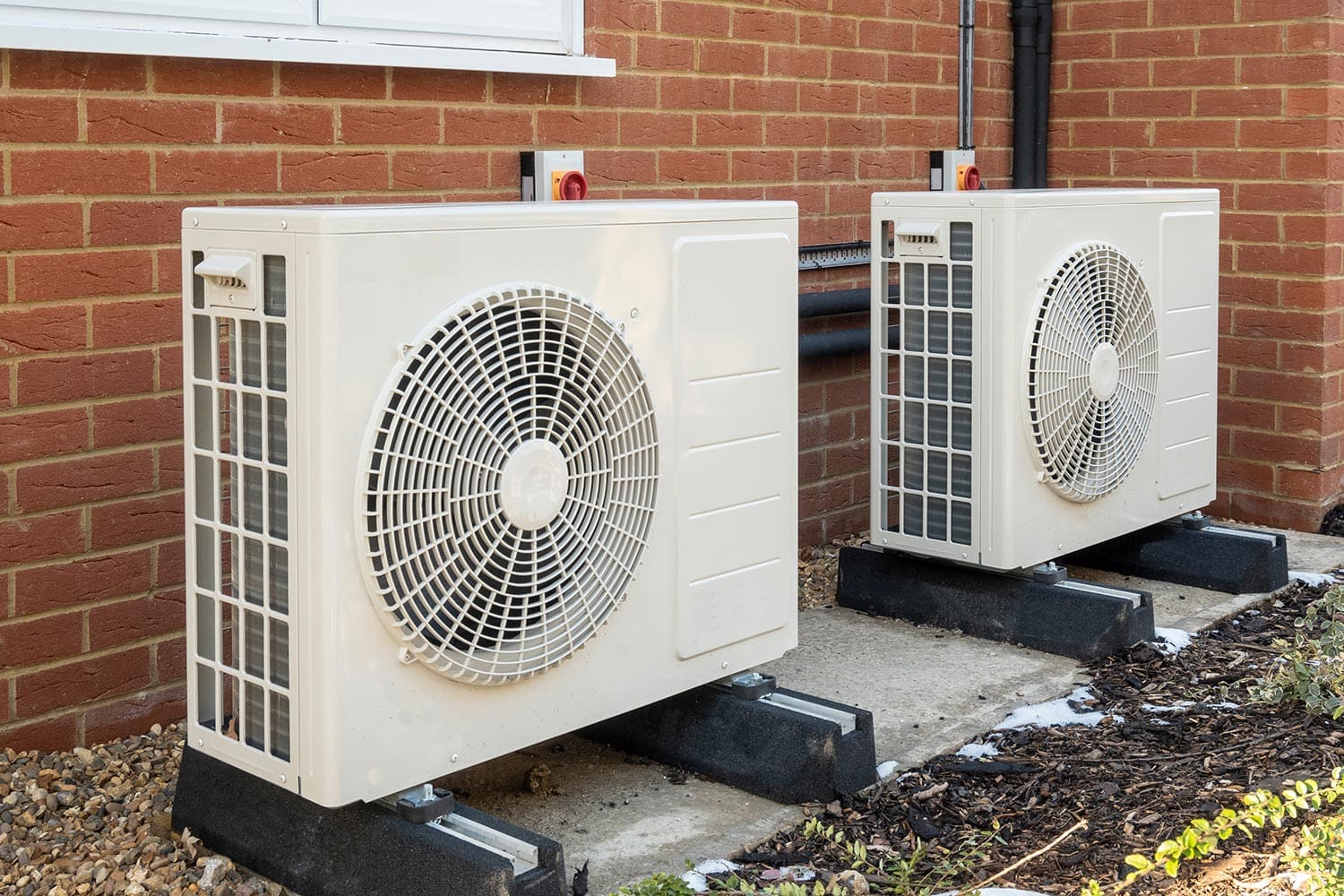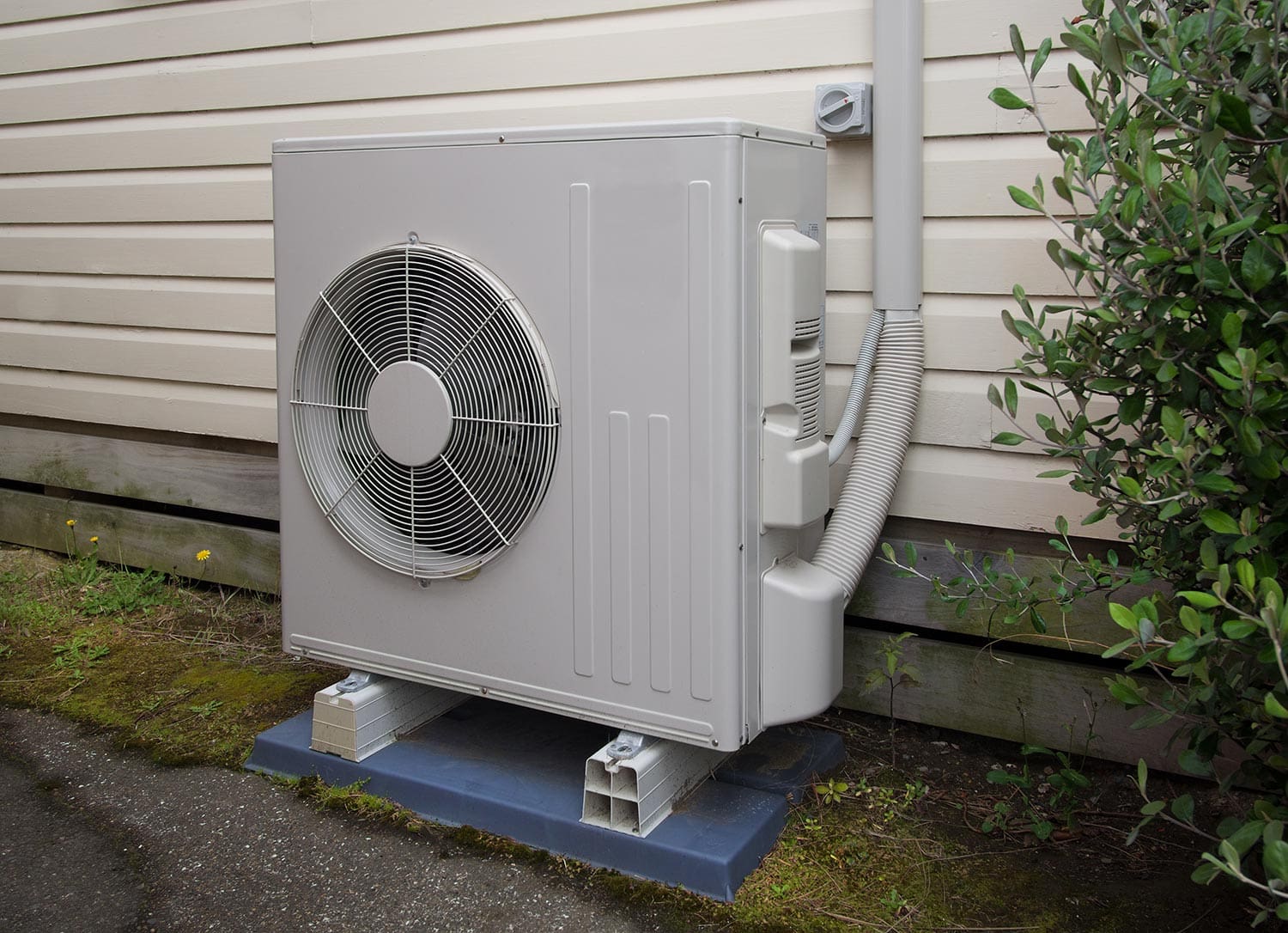Have you ever heard your heat pump produce a loud noise once you turned it off? We are certain that it made you nervous and think something is wrong with your unit. Since we want to help you with this matter, we conducted thorough research for answers.
It is common for your heat pump to produce noises at various points throughout its operation. This is noticeable during a shutdown, which is a time in the system when quite a few things occur. So, this situation is okay.
Please read on if you want a more detailed explanation about this matter. Doing so might also answer some of your additional questions. So, let's delve into the details!
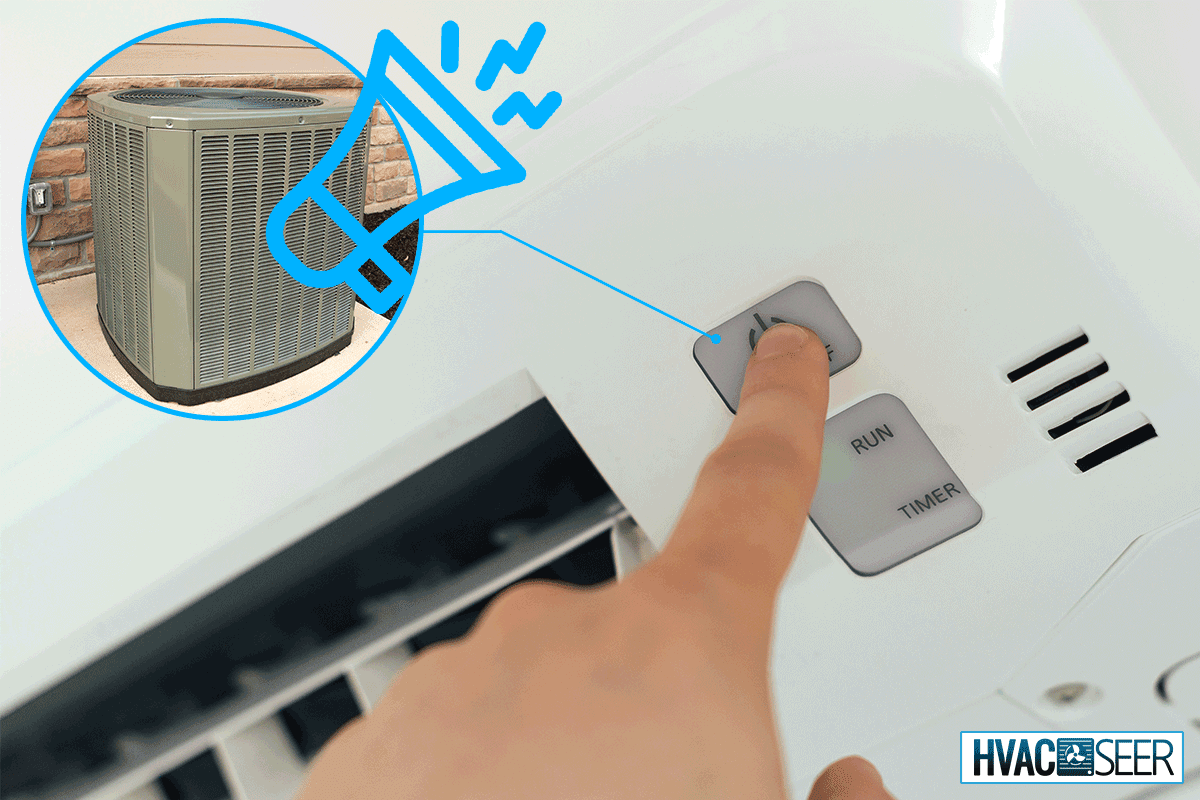
Why Does My Heat Pump Produce A Loud Noise When Turning Off?
Immediately after you switch off the appliance, the pressures in the refrigerant begin to equalize. It causes the heat pump to make certain noises for a short period. Also, if you turn off the outside unit of your compressor, there is a possibility you could also hear a back-pedaling sound.
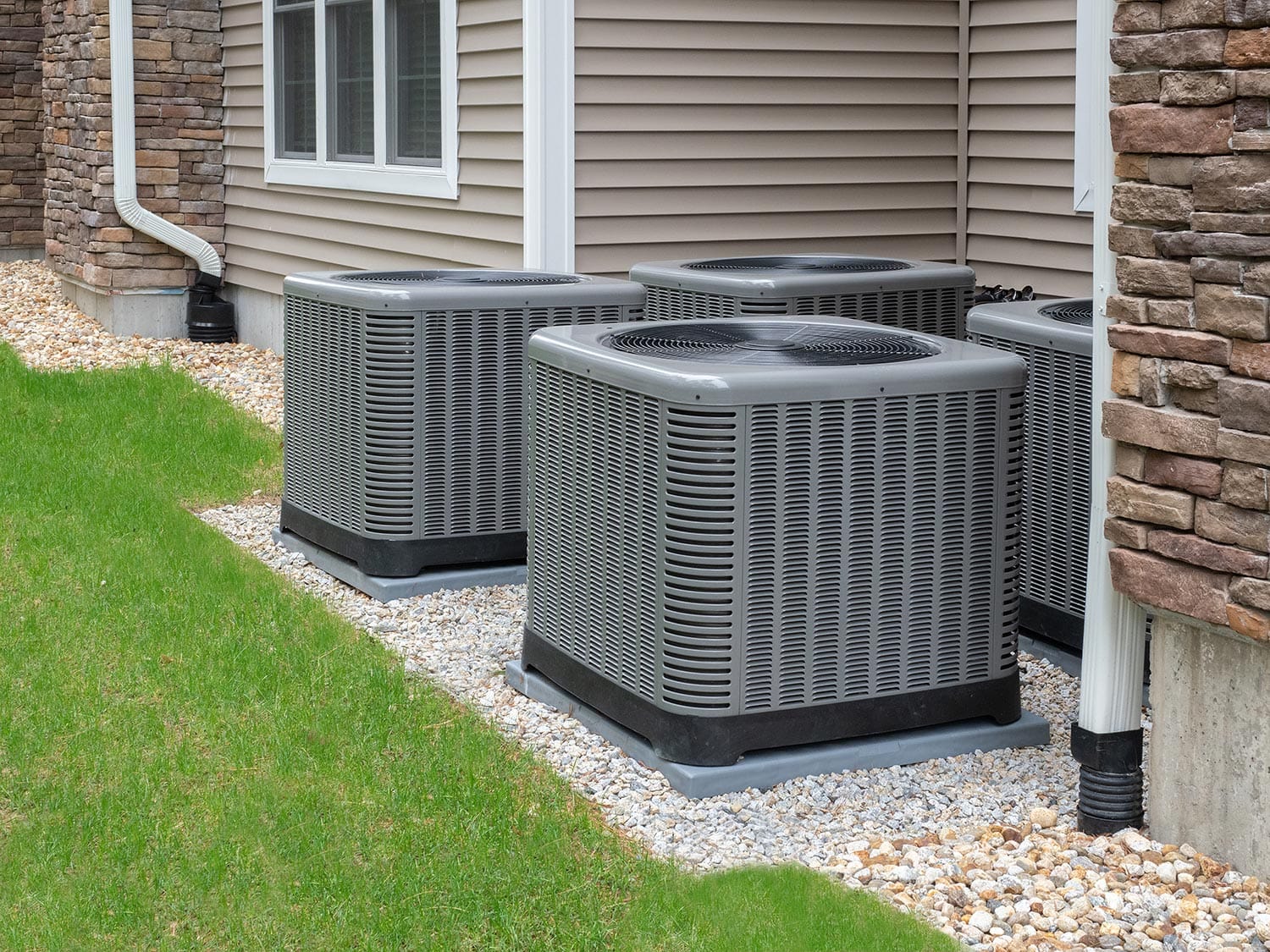
Both noises should be acceptable; however, your heat pump may produce a few other clamors throughout the cutoff process that may signal a problem.
Why Is My Indoor Heat Pump Loud?
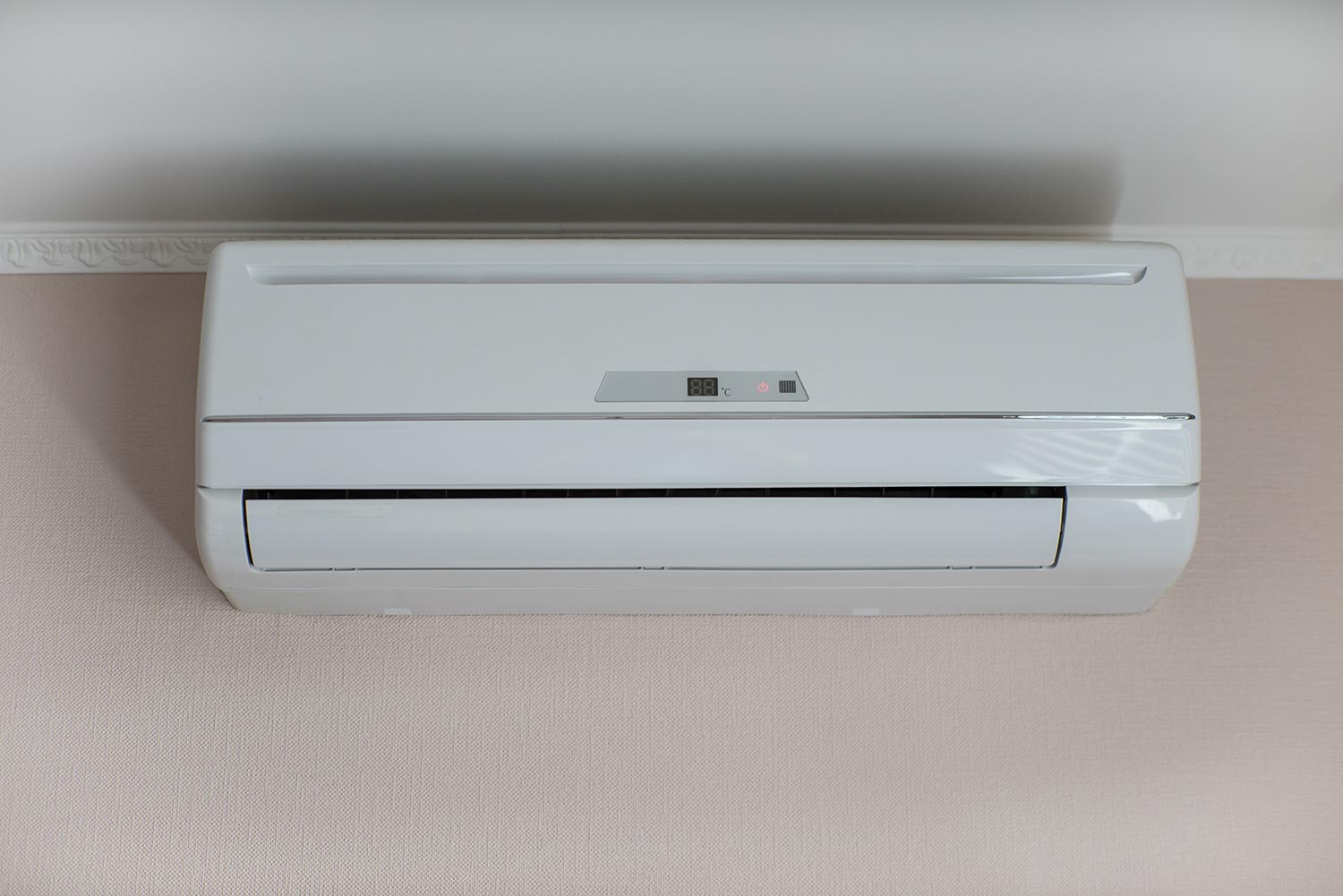
There is something wrong with your heat pump if you hear a noise like someone slamming a door in your duct vents. Below are possible reasons why your heat pump is making a loud noise:
1. Air Filter Crashing Into The Grille
If the location of your return vents is in your ceiling, you may run into this problem. You can tell when the unit is off because the filter "drops" from where it was pulled up against the top of the duct box. This situation is not normal, suggesting your filter is full of dirt and debris or excessively stringent.
Check the MERV rating and change the filter if it gets too dirty. It's essential.
Remember that if the ducts are too narrow, they will pull the filter into the vents. Changing the ductwork is your only option in this situation.
2. The Ducts Are Constantly Growing And Shrinking In Size
Temperature and pressure variations have a considerable effect on sheet metal ducts, causing them to swell and shrink. However, if the ducts are an adequate size and designed for the airflow through the system, this won't occur.
3. There Is A Fan Issue
The blower wheel may rub up against the heat pump. However, it is more likely that the fan's mounts will become less secure. If this occurs, the fan will collide with the unit as it slows down. It's best to call an HVAC professional for help, as this situation needs immediate action.
Why Is My Outdoor Heat Pump Loud?
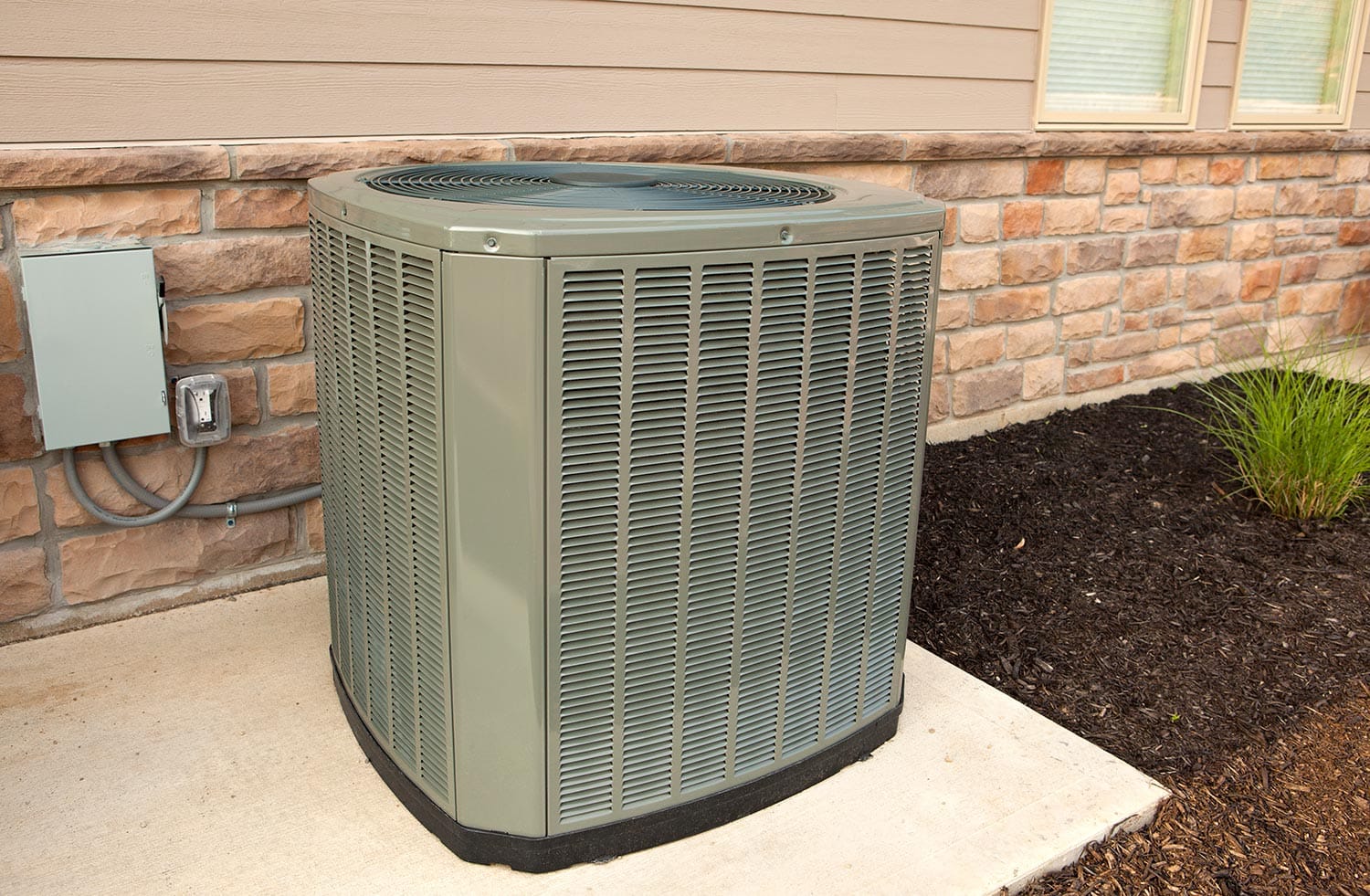
If you are outside and hear a sound like something has smacked the wall, this is most likely because of:
1. The Spring Of The Compressor Has Damage
A compressor is a closed casing containing many pieces that are liable for pumping refrigerant to and from the indoor unit.
The vast majority of the compressor parts, such as the pump that circulates the refrigerant, are what the springs hold. However, these supports are susceptible to deterioration or even complete failure.
Since the internal parts of the compressor will lose motion as soon as the heat pump shuts off, they will bang up against the housing. And if that's the case, it'll cost a small lot to change the entire compressor.
The noise does not necessarily indicate that the component is about to fail. Therefore, you may wish to disregard it if you can.

